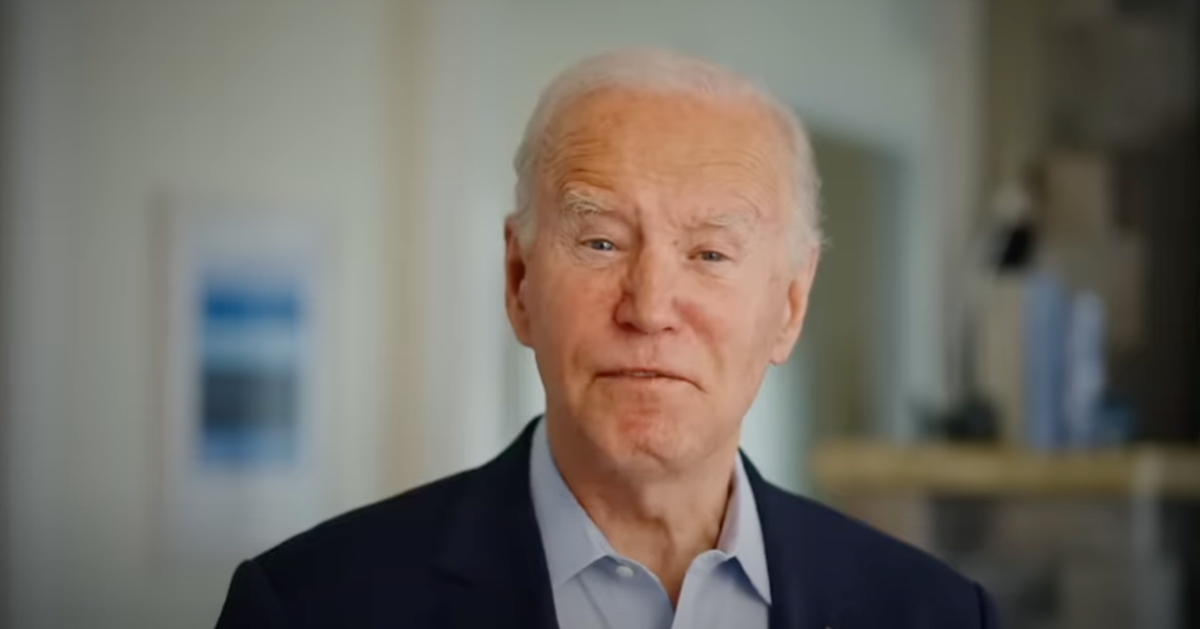Senate blocks attempt to restrain Trump on Iran
The Senate has voted against a proposal demanding President Donald Trump seek congressional approval for further military actions against Iran, reflecting a persistent partisan rift in Congress over military authority and war powers.
In a 47-53 vote split largely along party lines, the measure aimed at restricting President Trump's military power was turned down, amid ongoing disputes regarding recent U.S. military interventions, as Politico reports.
The resolution was spearheaded by Sen.Tim Kaine (D-VA) as a response to recent military operations ordered by President Trump.
Last weekend, the U.S. launched airstrikes on numerous Iranian nuclear facilities, including Fordo, Isfahan, and Natanz. This marked a significant military effort utilizing the powerful 30,000-pound GBU-57 bunker buster bomb for the first time in combat.
Tensions continue to unfold
The decision to conduct airstrikes came in the wake of Israeli military actions against Iranian targets, which led to an escalation of hostilities in the region. These developments resulted in exchanges of air and missile strikes between Israel and Iran before President Trump stepped in.
Following these events, Trump announced the existence of a ceasefire between Israel and Iran on Monday. He simultaneously issued threats of further action if Iran continued to pursue its nuclear capabilities, reiterating the U.S.'s defensive posture.
Kaine, addressing the issue, expressed his hopes for peace. "I pray the ceasefire continues, but I fear we’re going to be back here on this floor," he remarked, advocating for congressional involvement in decisions of war.
He emphasized that decisions putting American sons and daughters at risk should not be solely at the president's discretion.
Trump finds support in Senate
The Senate's Republican majority largely stood by the president's decisions, maintaining that the strikes provided a clear and effective response to the perceived nuclear threat from Iran. Sen. John Barrasso highlighted that the diplomatic stall tactics used by Iran necessitated decisive intervention.
In Barrasso's words, "As commander-in-chief, President Trump has full authority to act. He did so decisively." Barrasso argued the strikes were targeted specifically at nuclear sites, avoiding broader conflict. His statements reflected a broader Republican consensus endorsing the military initiative.
However, the resolution's rejection witnessed some unexpected divisions within the Republican camp. Known past proponents of similar legislative challenges, including Sens. Susan Collins, Mike Lee, and Jerry Moran, opted not to support this specific resolution.
Future engagements closely watched
For Sen. Rand Paul, one of the few Republicans backing the resolution, the issue remained Congress' responsibility to declare war, suggesting this should not be left to the executive branch alone.
Meanwhile, some Republicans questioned the administration’s assertion of having completely dismantled Iran’s nuclear ambitions, reflective of concerns shared in a classified briefing to the Senate.
On the Democratic Party side of things, the debate centered around the argument that the president's actions signified an overreach of executive powers. They framed the airstrikes as bypassing Congress, undermining its constitutional role in military engagement decisions.
The failed resolution highlighted a recurring struggle over presidential war powers and whether a president should seek congressional approval for military interventions, which continues to be a contentious point in U.S. politics.
Presidential authority reaffirmed
By rejecting the resolution, the Senate not only endorsed the current military strategy but also set a precedent for the executive's autonomy in making rapid military decisions, at a time of tense international relations.
The debate likely foreshadows enduring discussions and potential future resolutions as Congress examines its role in influencing foreign policy and military decisions.
With military engagements being critical to national security, the struggle for power between Congress and the presidency remains a complex issue, requiring careful navigation in the interest of both national and international stability.






